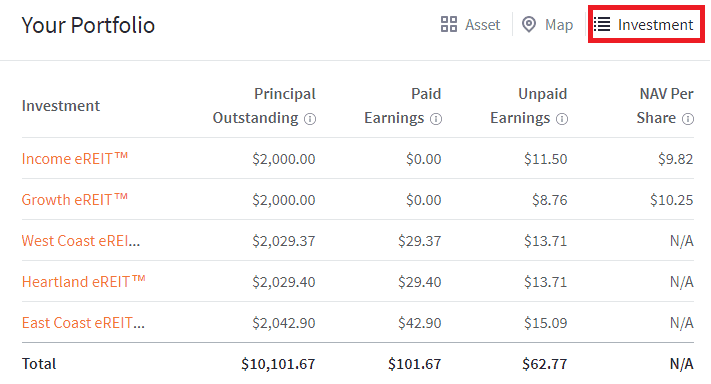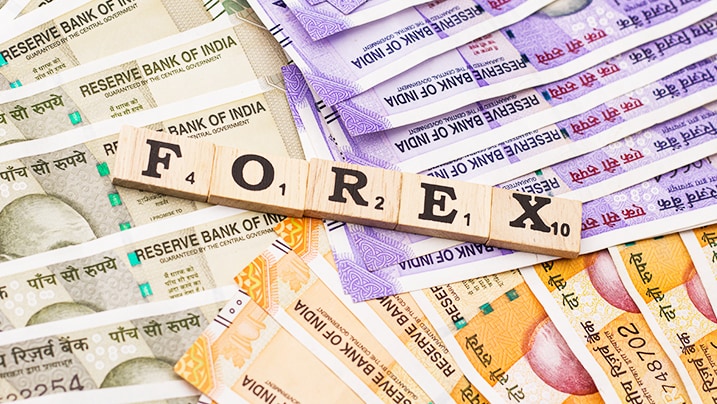
Bonds can be a good hedge against volatility in the stock market. Bonds not only provide a financial hedge, but they also provide income protection in the event of market declines.
One of the most important facts about bonds is that they pay a certain amount of interest. The "coupon", or the interest rate that a bond pays, is the amount of interest paid over a specific time. A bond that has a 3 per cent coupon would pay CHF 400 annually. The bond's face value will be paid to the investor when it matures.
Bonds offer a tax-free dividend. Municipal bonds, like municipal bonds, can pay dividends in the same state as the bond was bought.

Bonds can also be used to protect your savings from market volatility. Federal savings bonds can be cashed in and are therefore not traded. You can redeem the face amount at maturity. However, bonds are not as lucrative as stocks. A 50/50-balanced fund will actually lose half its value in a market crash. During a recovery the same fund will earn half its earnings.
Important to remember that bonds do not always pay the highest interest rates. This is due to the changing interest rates. As the 10-year Treasury interest rate rises, a bond earning 2% will see a slight decline in value. However, bonds with a longer maturation date will perform better.
Another interesting thing about bonds is their rating by bond rating agencies. These agencies grade bonds on a scale of AAA through D. In general, the lower the default chance, the higher their rating. The rating cannot be verified.
Another interesting fact is that bonds are often traded infrequently. Bonds can be bought and sold over the counter, through a broker, or through a mutual fund. The buyer must pay the bid price when buying or selling bonds. If the buyer is not willing to pay the bid price, the bid price will drop. The bid price is often six figures or higher.

While the most important aspect of bonds is that they pay a certain percent of interest, it's also important to note that interest rates have an effect on bond price. A bond with a coupon value of 2% will have a drop in value if it is increased by only a fraction percent. However, bond investors can benefit long-term from higher interest rates.
Another interesting fact about bonds is that you can actually resell them. This can be done either through a mutual funds or over-the-counter. Managers may decide to sell bonds that are in the bond fund at a loss so they can buy another bond.
FAQ
How are share prices set?
Investors are seeking a return of their investment and set the share prices. They want to earn money for the company. So they purchase shares at a set price. If the share price increases, the investor makes more money. The investor loses money if the share prices fall.
An investor's main objective is to make as many dollars as possible. They invest in companies to achieve this goal. This allows them to make a lot of money.
Who can trade in the stock market?
The answer is yes. But not all people are equal in this world. Some have greater skills and knowledge than others. They should be rewarded for what they do.
But other factors determine whether someone succeeds or fails in trading stocks. For example, if you don't know how to read financial reports, you won't be able to make any decisions based on them.
So you need to learn how to read these reports. Each number must be understood. You should be able understand and interpret each number correctly.
You'll see patterns and trends in your data if you do this. This will help to determine when you should buy or sell shares.
You might even make some money if you are fortunate enough.
How does the stock markets work?
A share of stock is a purchase of ownership rights. The company has some rights that a shareholder can exercise. He/she can vote on major policies and resolutions. He/she can seek compensation for the damages caused by company. He/she also has the right to sue the company for breaching a contract.
A company cannot issue shares that are greater than its total assets minus its liabilities. This is called capital sufficiency.
Companies with high capital adequacy rates are considered safe. Companies with low capital adequacy ratios are considered risky investments.
What is a bond?
A bond agreement is a contract between two parties that allows money to be transferred for goods or services. Also known as a contract, it is also called a bond agreement.
A bond is normally written on paper and signed by both the parties. This document includes details like the date, amount due, interest rate, and so on.
When there are risks involved, like a company going bankrupt or a person breaking a promise, the bond is used.
Bonds are often used together with other types of loans, such as mortgages. This means the borrower must repay the loan as well as any interest.
Bonds are used to raise capital for large-scale projects like hospitals, bridges, roads, etc.
A bond becomes due upon maturity. That means the owner of the bond gets paid back the principal sum plus any interest.
Lenders can lose their money if they fail to pay back a bond.
Are bonds tradeable
Yes, they do! Bonds are traded on exchanges just as shares are. They have been traded on exchanges for many years.
You cannot purchase a bond directly through an issuer. You must go through a broker who buys them on your behalf.
Because there are less intermediaries, buying bonds is easier. This means that selling bonds is easier if someone is interested in buying them.
There are different types of bonds available. There are many types of bonds. Some pay regular interest while others don't.
Some pay interest quarterly while others pay an annual rate. These differences make it easy compare bonds.
Bonds are great for investing. If you put PS10,000 into a savings account, you'd earn 0.75% per year. If you invested this same amount in a 10-year government bond, you would receive 12.5% interest per year.
If all of these investments were accumulated into a portfolio then the total return over ten year would be higher with the bond investment.
What is a fund mutual?
Mutual funds can be described as pools of money that invest in securities. They allow diversification to ensure that all types are represented in the pool. This reduces risk.
Professional managers oversee the investment decisions of mutual funds. Some funds let investors manage their portfolios.
Mutual funds are often preferred over individual stocks as they are easier to comprehend and less risky.
Statistics
- "If all of your money's in one stock, you could potentially lose 50% of it overnight," Moore says. (nerdwallet.com)
- For instance, an individual or entity that owns 100,000 shares of a company with one million outstanding shares would have a 10% ownership stake. (investopedia.com)
- The S&P 500 has grown about 10.5% per year since its establishment in the 1920s. (investopedia.com)
- Even if you find talent for trading stocks, allocating more than 10% of your portfolio to an individual stock can expose your savings to too much volatility. (nerdwallet.com)
External Links
How To
How to create a trading strategy
A trading plan helps you manage your money effectively. It allows you to understand how much money you have available and what your goals are.
Before you start a trading strategy, think about what you are trying to accomplish. You may wish to save money, earn interest, or spend less. You might want to invest your money in shares and bonds if it's saving you money. You can save interest by buying a house or opening a savings account. And if you want to spend less, perhaps you'd like to go on holiday or buy yourself something nice.
Once you have an idea of your goals for your money, you can calculate how much money you will need to get there. This will depend on where and how much you have to start with. Also, consider how much money you make each month (or week). Income is the sum of all your earnings after taxes.
Next, you need to make sure that you have enough money to cover your expenses. These expenses include bills, rent and food as well as travel costs. Your monthly spending includes all these items.
You'll also need to determine how much you still have at the end the month. This is your net income.
You're now able to determine how to spend your money the most efficiently.
Download one from the internet and you can get started with a simple trading plan. Ask someone with experience in investing for help.
Here's an example: This simple spreadsheet can be opened in Microsoft Excel.
This displays all your income and expenditures up to now. It also includes your current bank balance as well as your investment portfolio.
And here's another example. This was created by an accountant.
This calculator will show you how to determine the risk you are willing to take.
Don't attempt to predict the past. Instead, focus on using your money wisely today.